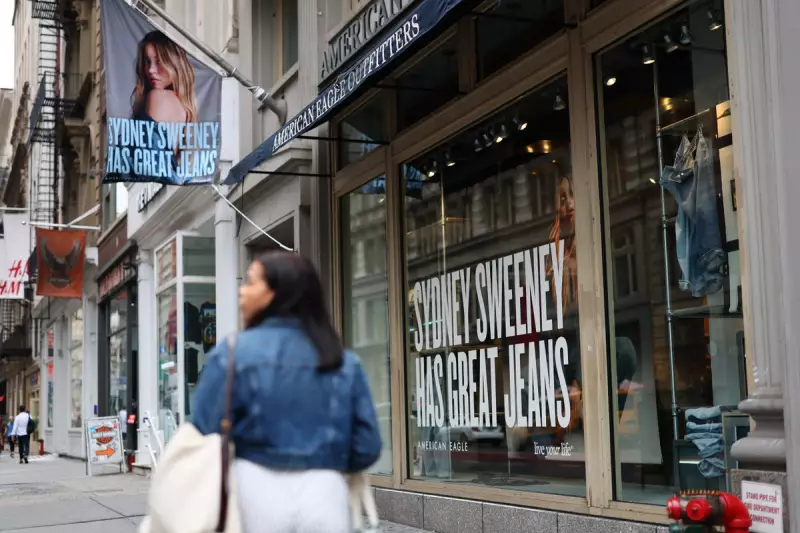
Hollywood sensation Sydney Sweeney, famed for her role in Euphoria, has set the internet ablaze with her latest campaign for American Eagle, triggering a fiery debate across social media platforms.
The provocative advert, which showcases the actress in a series of form-fitting denim outfits, has drawn a polarised response from the public and celebrities alike. While many fans rushed to praise the star's appearance, the campaign simultaneously ignited a storm of criticism from those accusing the brand of overt sexualisation.
A Celebrity Weighs In
Adding significant fuel to the fire, singer Halsey entered the fray with a powerful intervention. Taking to their Instagram Stories, the acclaimed musician reposted the advert, captioning it with a pointed critique that questioned the advertising standards applied to women in the industry versus their male counterparts.
This high-profile commentary amplified the conversation, shifting the discourse from mere opinion to a broader discussion on double standards and the persistent scrutiny of women's bodies in media and fashion.
Brand History Under the Microscope
This is not the first time American Eagle's marketing strategies have been scrutinised. The brand, through its Aerie sub-label, has been widely lauded for its body-positive initiatives and commitment to eschewing digital alteration in its imagery.
The stark contrast between Aerie's celebrated empowerment message and the controversial reception of the Sweeney campaign has left commentators and consumers questioning the brand's consistent alignment with its publicly stated values.
The Online Divide
The digital landscape has fractured into distinct camps. On one side, supporters defend the campaign as a celebration of confidence and personal expression. On the other, detractors condemn it as a retrograde step that undermines the progress made towards more inclusive and respectful representation in advertising.
This incident underscores the intensely volatile nature of modern celebrity endorsements, where a single campaign can instantly become a cultural flashpoint, subject to global analysis and debate.





